| ←(Use Google Translate to see an approximate translation into another relevant language) |
[General index] [Index to chapters] [Index to galleries] [Full family history]
This document is about my father, Francis Fuller da Cruz, 1918-1992; it's one chapter from a much longer family history, which takes ages to load, whereas a single chapter like this one loads relatively quickly. Key:
Dad = my father, Francis da Cruz Sr., Vivian's husband (Frank, "Roach").—Frank da Cruz <fdc@columbia.edu>
Mom = my mother, Vivian Lund.
Gus = Lenore da Cruz, his mother and my grandmother.
His dad - Daniel da Cruz, his father (from Portugal)
Pete = Daniel da Cruz Jr., his younger brother and my uncle.
Dennis = my younger broher Dennis da Cruz.
Most recent update: 30 June 2022 20:01:43
My father...
[SEE IN FAMILY TREE] [SEE USS OMAHA GALLERY]
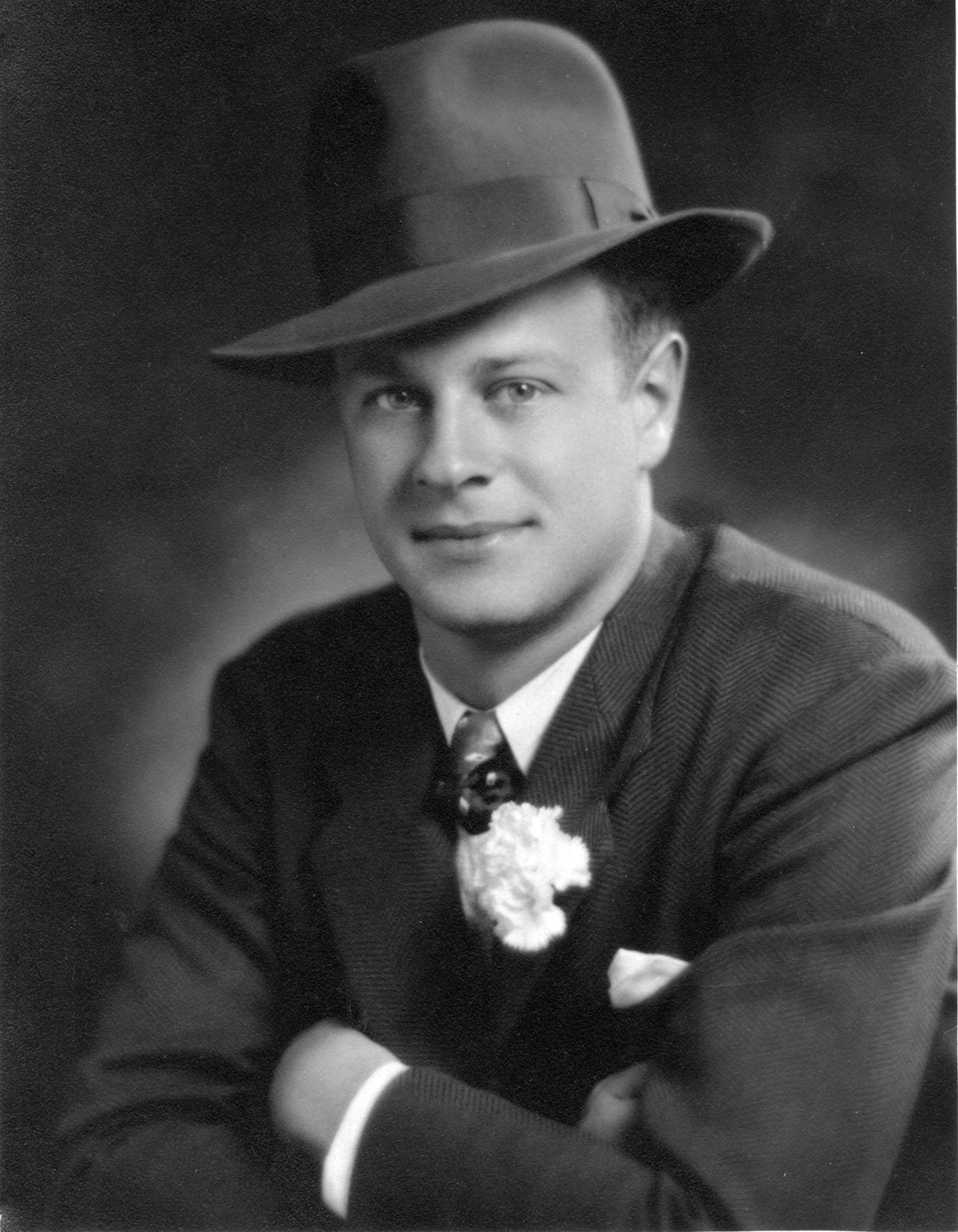
|
| Frank da Cruz 1940s |
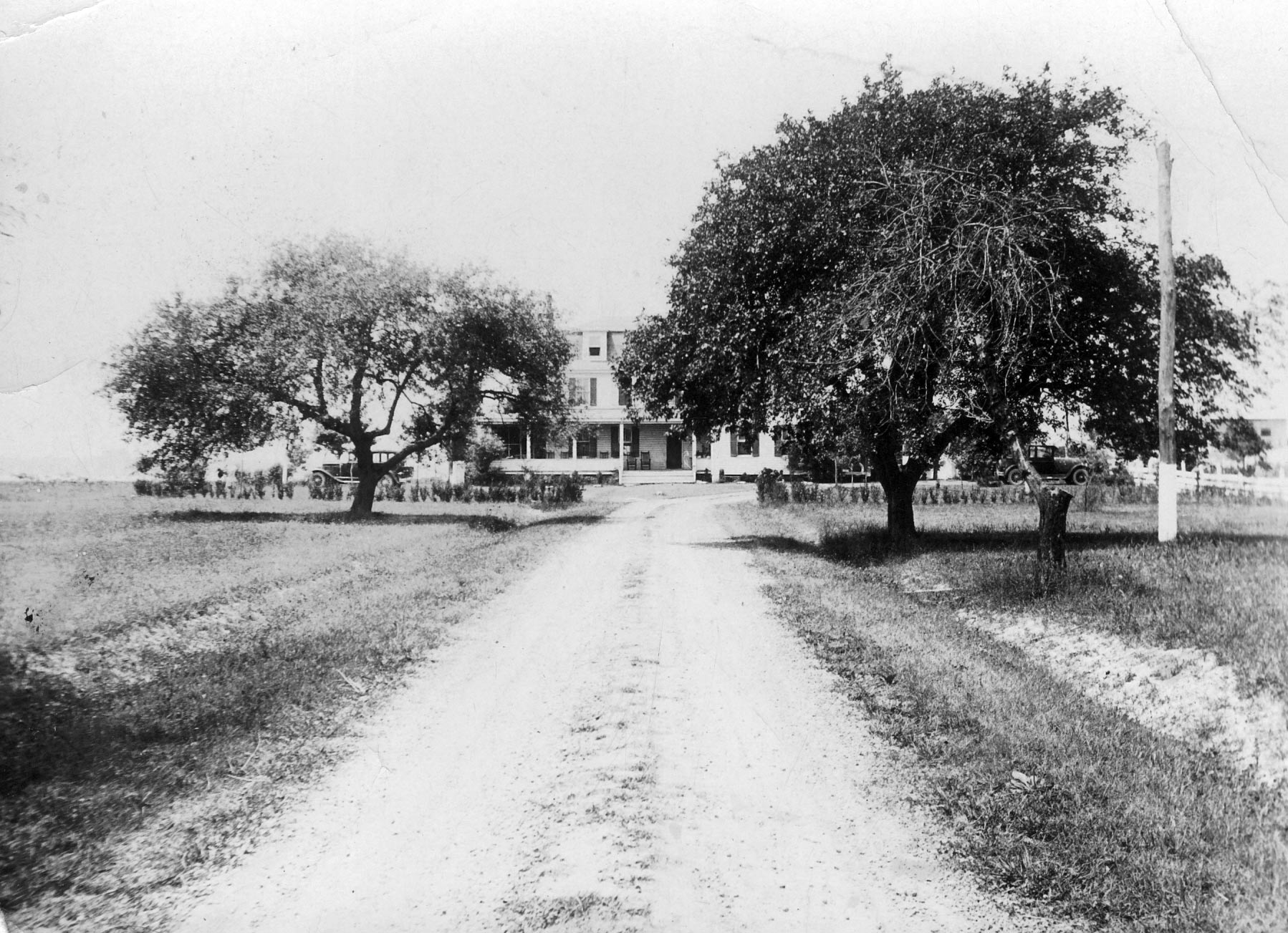
|
| Dad's home in Bozman MD 1925-27 |
On the other hand I have a photo taken in 1977 of some nice suburban-looking brick houses near the water labeled "Visit to our former home Safety Beach, Bozman, Md. Home of Sarah & Lockwood Hardcastle" (Edmund Lockwood Hardcastle 1911-1985, Sarah Richards Edmond 1915-1992). Lockwood was a farmer and sailing enthusiast; he died at 73 in 1985; that would make him only 13-14 when Dad and Pete were there. There is no apparent blood relation between Gus and Sarah or Lockwood going back 3-4 generations. They were not school friends either because Sarah was only one year old when Gus was in nursing school. Bozman is nowhere near Frederick (124 miles today, but in those days there was no Chesapeake Bay bridge). Nobody on either side of the Hardcastle tree going back to 1820 ever lived anywhere but Talbot County MD, which is where Bozman is (across the bay from Frederick), nor can I find records of any Ragers in Bozman. So I have no idea how or why Gus chose to bring the kids there.
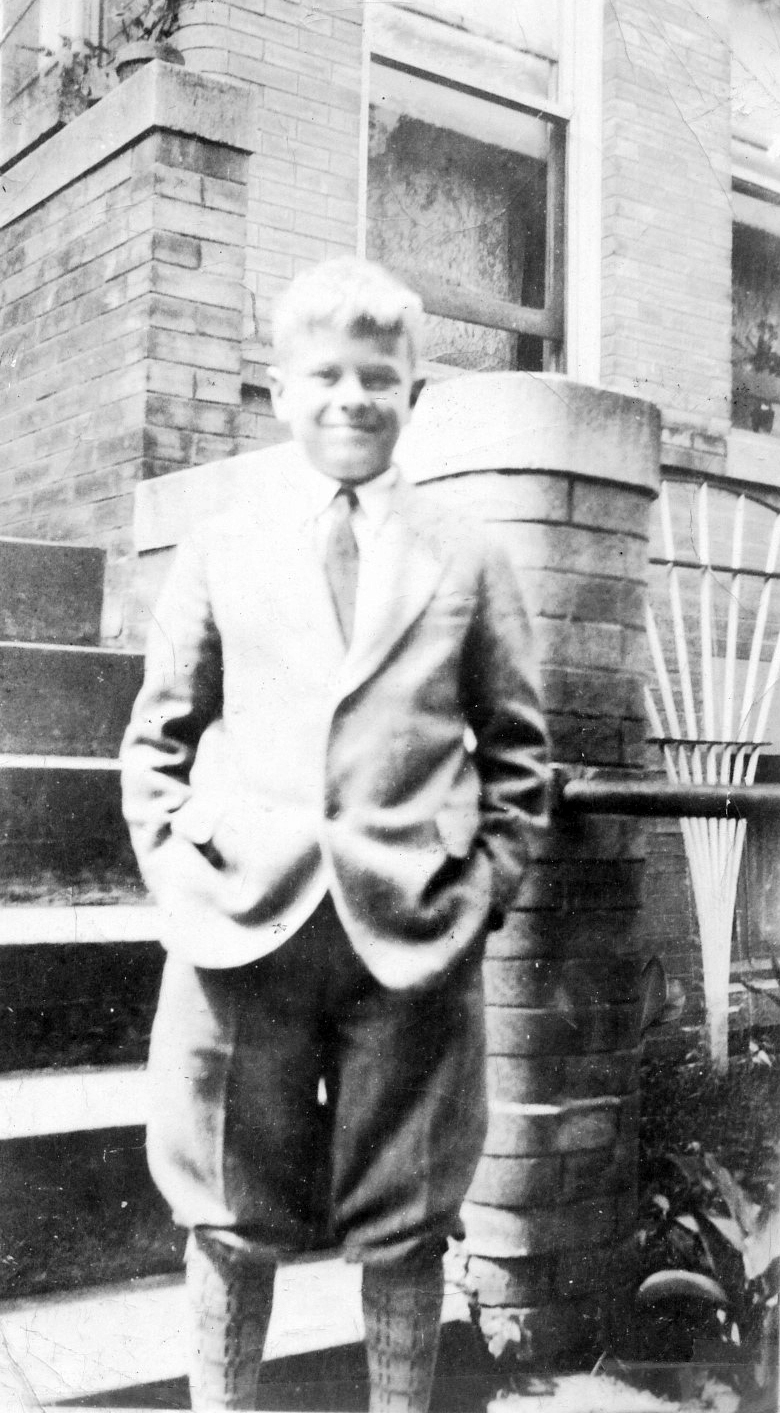
|
| Dad in DC 1928 |
According to Audrey, at one point when he was living with his father and stepmother Louise (neé Burk) in Oxford — he hated Louise.. One day he tried to kill her with an axe because she told him to wash the dishes; Pete had to fight him to keep him from doing it. Then they sent him away (and presumably Pete too). But to where? And when was this? There's no way to tell from the information I have (some of which is contradictory; on his CIA application he claims to have gone through all 12 grades of school in Oxford, but he has report cards from Bozman, Talbot County, Maryland, for 3rd and 4th grade (1925-27).Dad went to William H. McGuffey High School in Oxford 1931-35 and graduated in 1935 (and I have the report cards). Oxford is where Miami University is, where his father taught. There are newspaper articles (the Hamilton, Ohio, Journal News) showing him acting in various school plays, 1931-33. He has the 1935 class picture, and then pictures from the 50th reunion in 1985. He played varsity football in high school; his coach was Weeb Eubank, who called him Bidge; Eubank later became a famous college football coach and then an even more famous NFL one (Browns, Colts, Jets); he and dad corresponded during the late 1970s. That summer he worked as a farm hand in College Corner, Ohio. He said it was the hardest work he ever had in his life and the best food. He claimed to have grown six inches. Maybe I should have done that! Id've been six feet like him (Pete was 6'2"... even Dennis was taller than me).
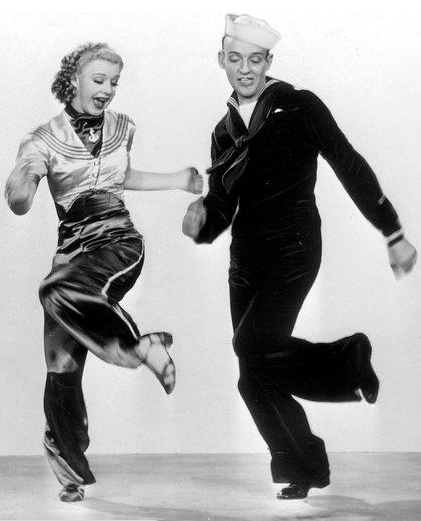
|
| Follow the Fleet 1936 |
Navy 1937-1946
After two years of post-high school drifting around, his father got him admitted to the University of Maryland and made him go there in Fall 1936. Dad hated it, so in his own words: "One cold winter night a friend and I caught a movie in Hyattsville, Md. 'Follow the Fleet' persuaded me that the Navy would be more interesting than deciphering Chaucer. On 5 August 1937, I signed up for four years". In fact, he was close to flunking out, his first-semester grades were CEFFBB; I suspect he didn't want to face his dad, to whom intellectual pursuits were paramount.What did he do for the months between deciding to join the Navy and actually doing it? Checking his government job applicion I see he worked as a "blanket laundryman" in a warehouse in 1936… Waiter and boat tender at a summer resort on the Eastern Shore in 1936. Office assistant in an air conditioning company in 1937… In another album I find that he lived at 505 18th Street NW in DC, Sept 1935-early 1936. Then he lived at 1807 California St NW, 3rd floor, right front, in 1936 and 37.
And THEN in August 1937 he joined the Navy. But in any case, without the movie he might have done something else, so in that sense I owe my existence to Fred and Ginger, and so do you guys.
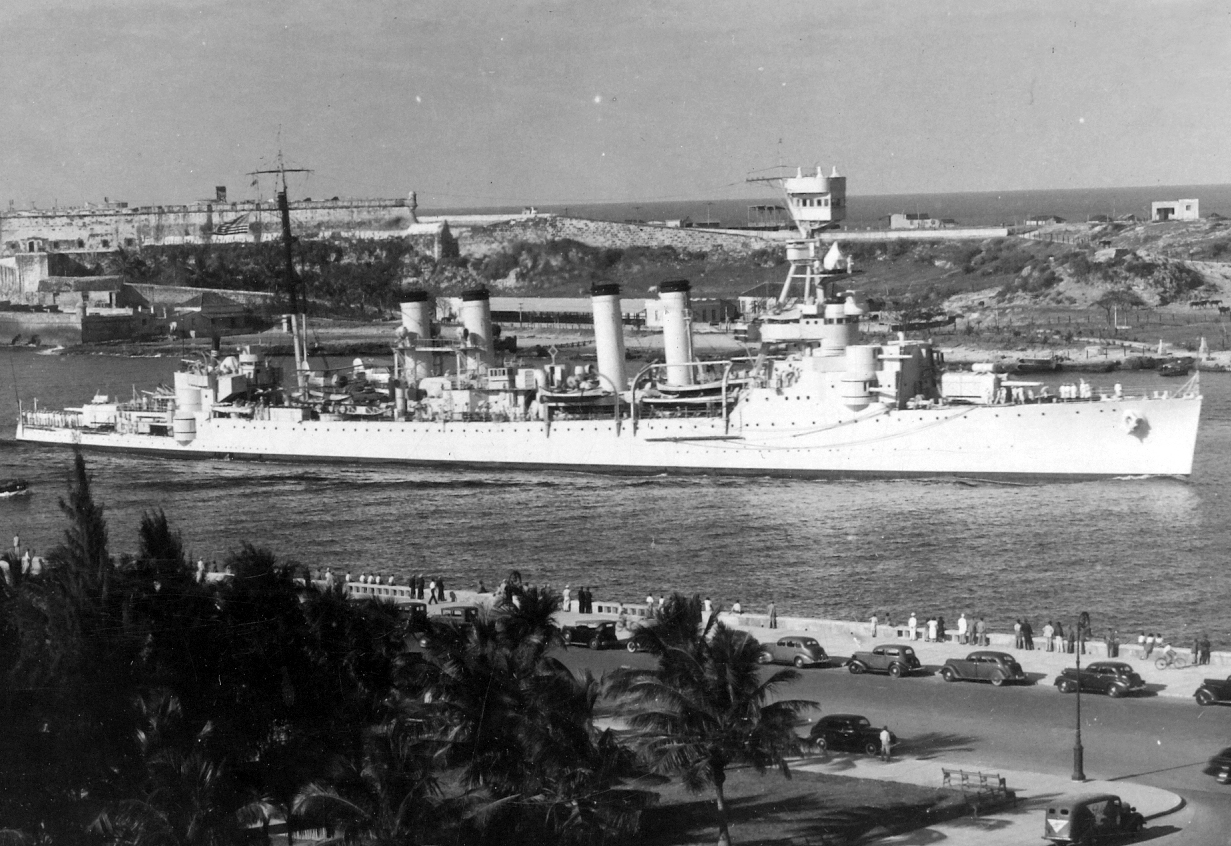
|
| USS Omaha in Havana Bay 1938 |
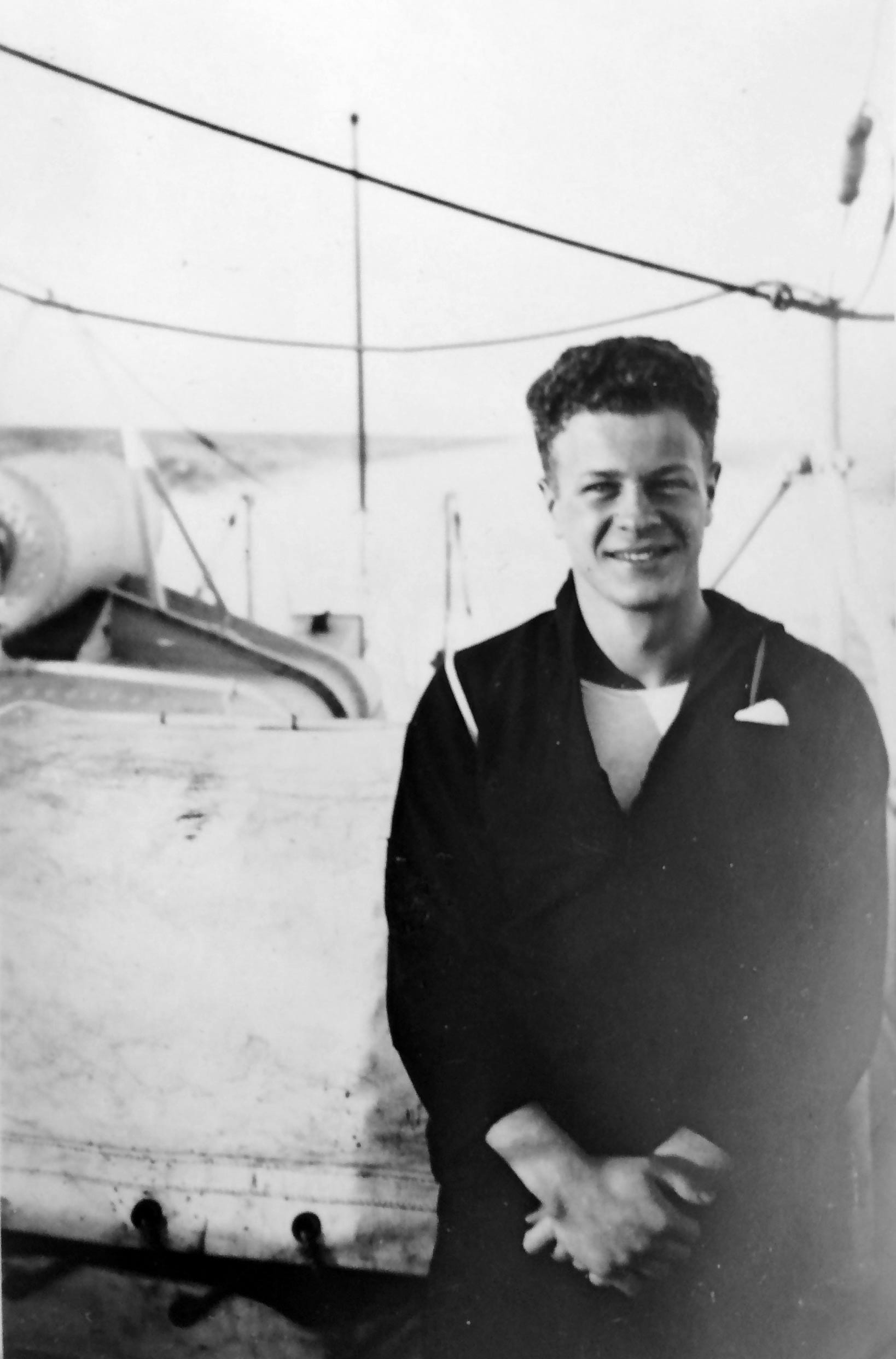
|
| Dad on the Omaha |
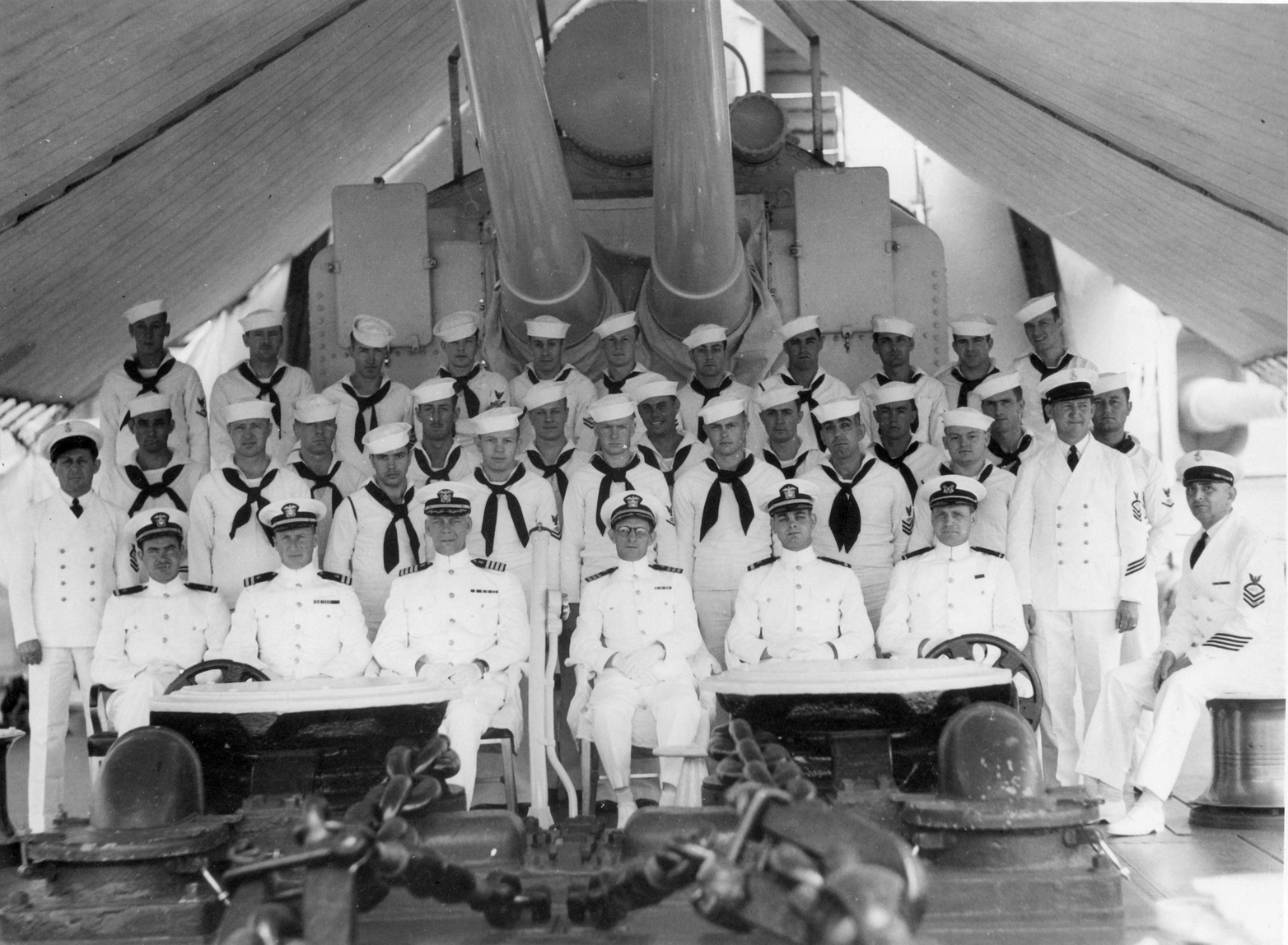
|
| Radio crew - Dad top row center |

|
| Fascist bombing of Caldetas, Spain, January 1939 |
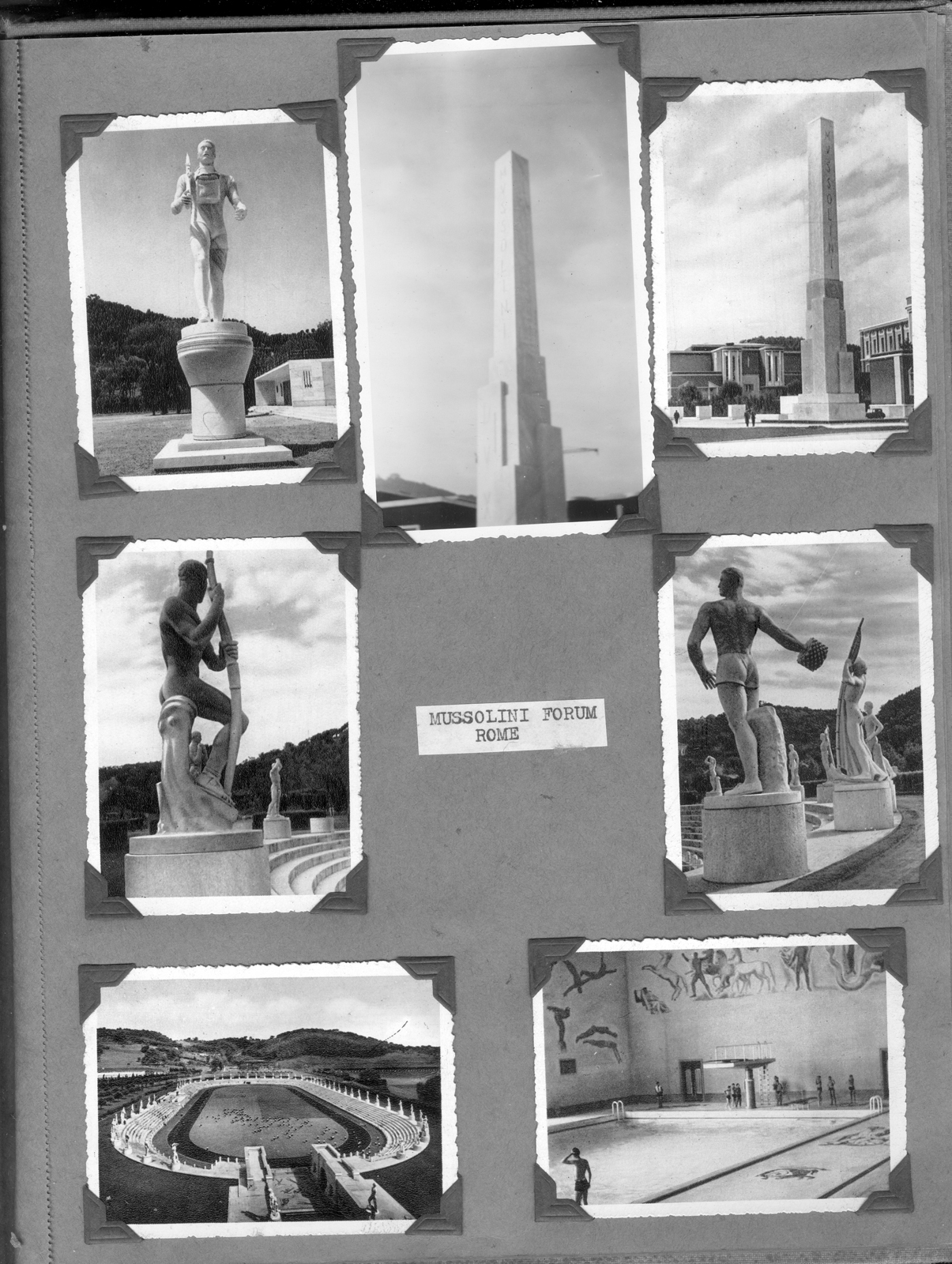
|
| Mussolini Forum |
He was released from the Navy in October 1941, about 9 weeks before Pearl Harbor, and worked in Kann's department store in DC for $120 a month in the "heavy toys" department as Christmas help.
World War II
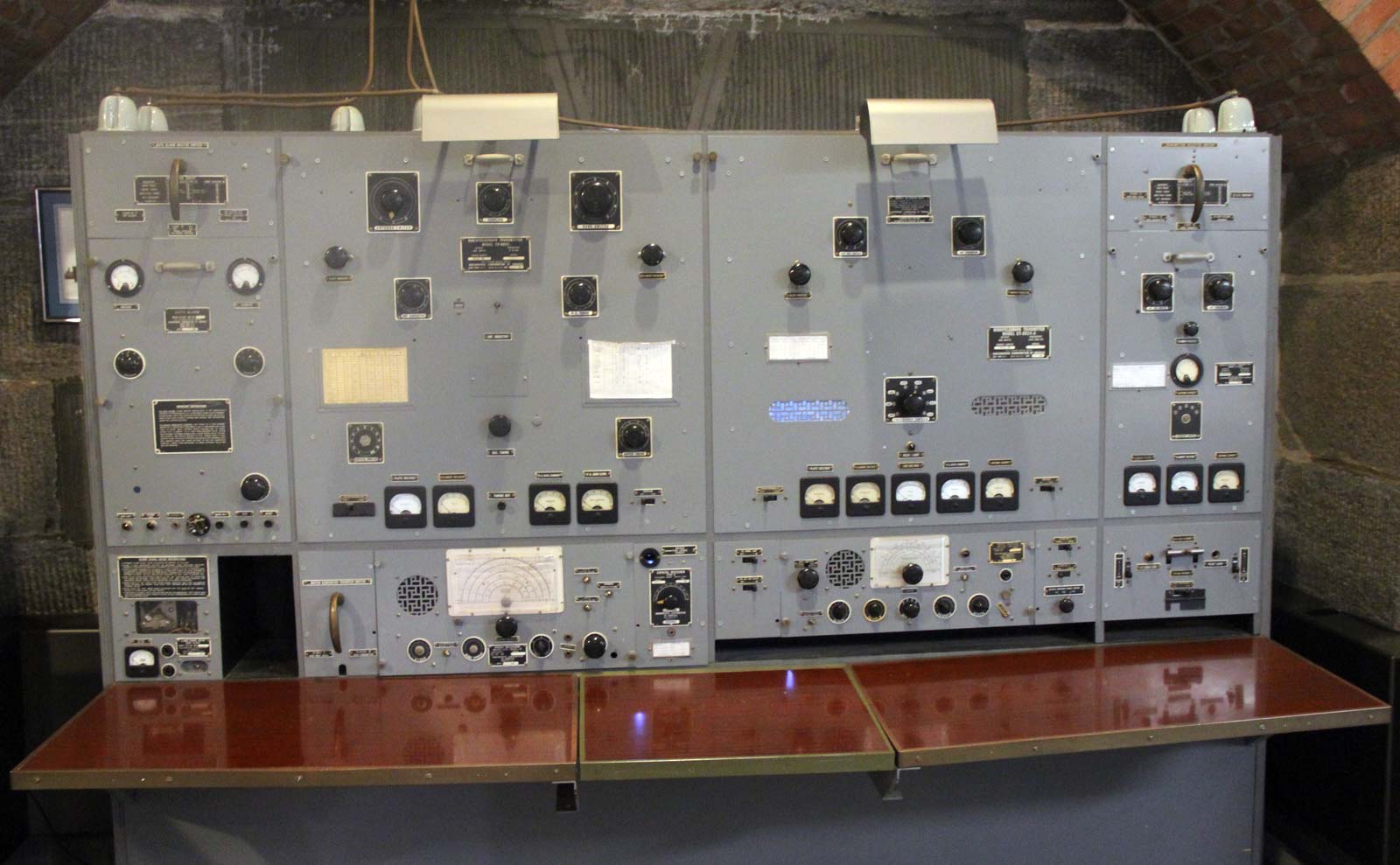
|
| WWII Navy Radiotelegraph console |

|
| WWII Navy Radioman |
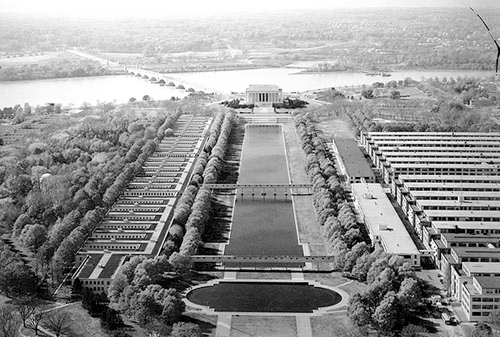
|
| National Mall 1943 with barracks (L) and Navy Department building (R) |
My dad claimed to be the one who received General MacArthur's "I shall return" message from Corregidor. He was never in actual WWII combat as far as I know, except for sailing through U-boat infested waters on the Denebola prior to Pearl Harbor. The Omaha rescue mission at Caldetas counts as combat, but it wasn't WWII.
Dad's brother, Uncle Pete, on the other hand, was a Marine who saw action on land, sea, and/or air in the Atlantic and Pacific. Gus wrote on May 2, 1941:
Another war is raging, god how scared I am ... I hate war today as I did when I was a Red Cross nurse [in WWI]. It is so futile and unprofitable. & yet one must fight for freedom or become a slave [i.e. to Nazis]. Today I am a Senior Nurse in the Navy Reserve Corps ... Francis is in love & engaged to a lovely child named Olive Whittle [of Baltimore]. Became engaged last nite. Tomorrow [illegible] see her [illegible]...
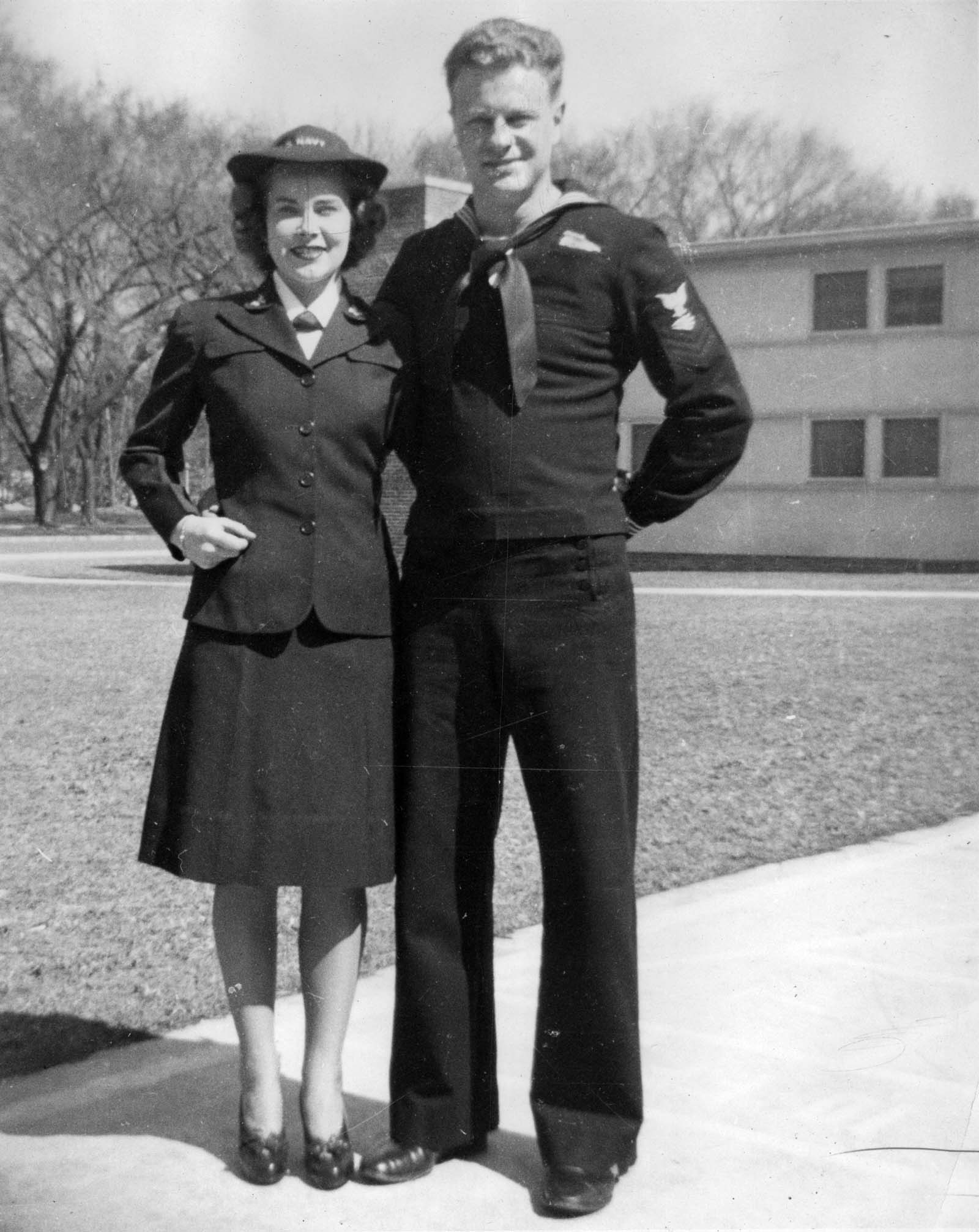
|
| Mom and Dad 1944 |
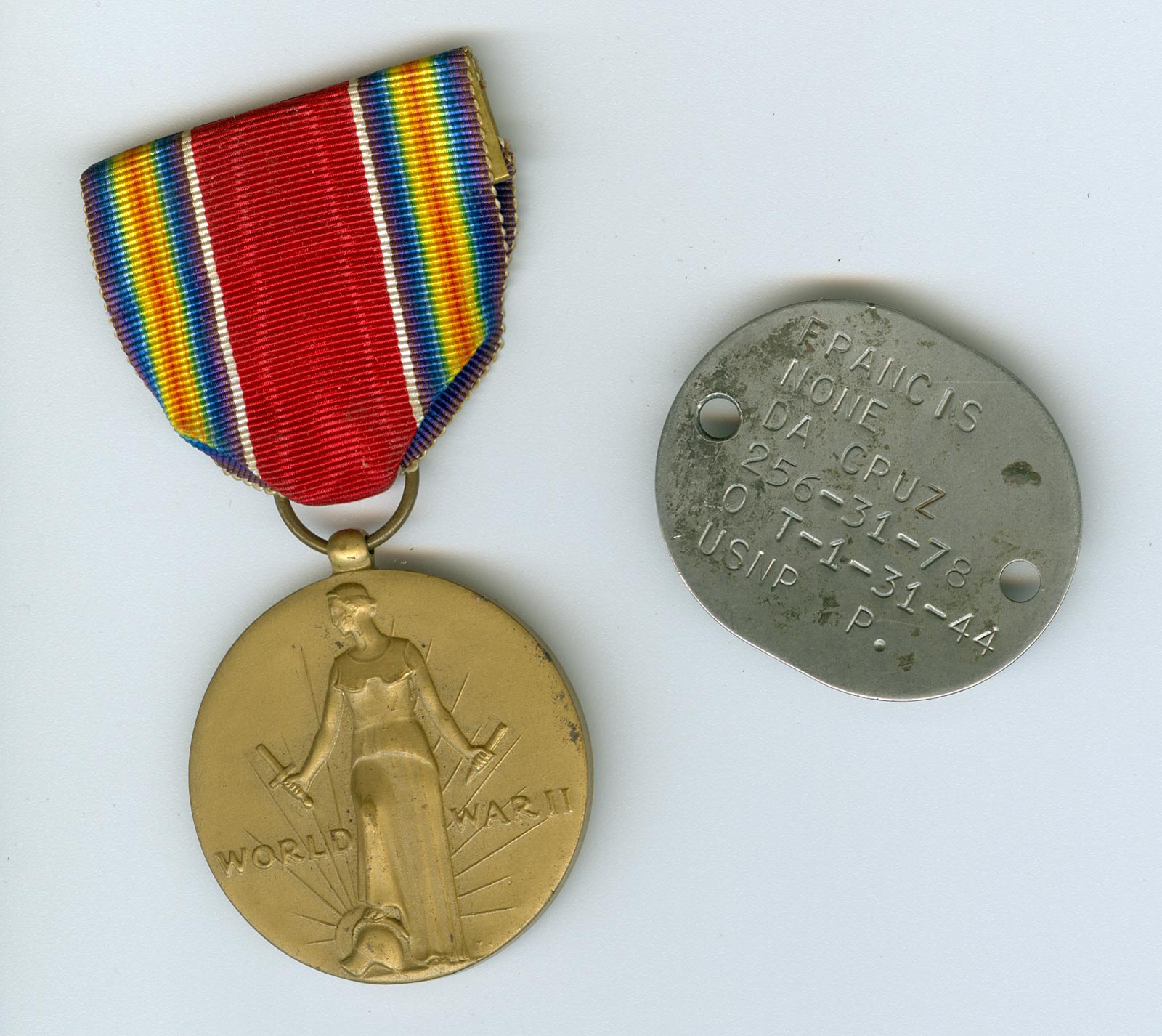
|
| WWII medal and Navy dogtag |
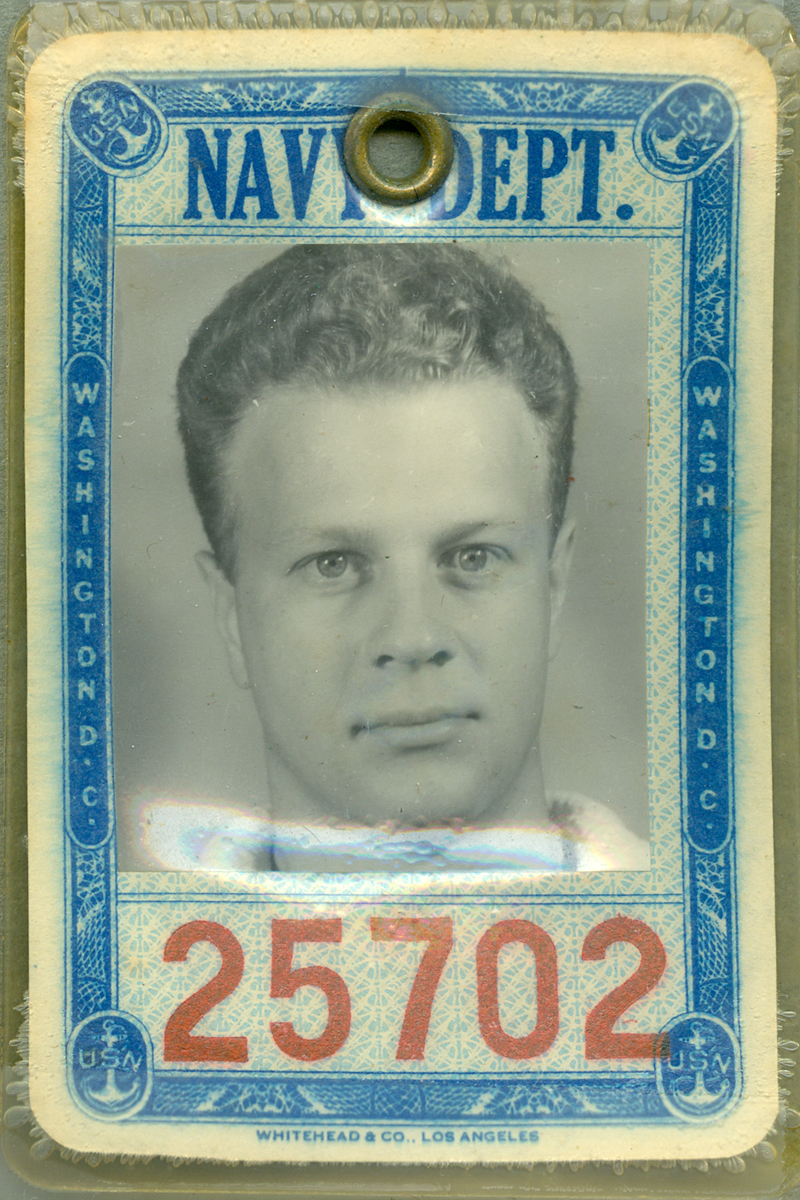
|
| Navy Dept ID |
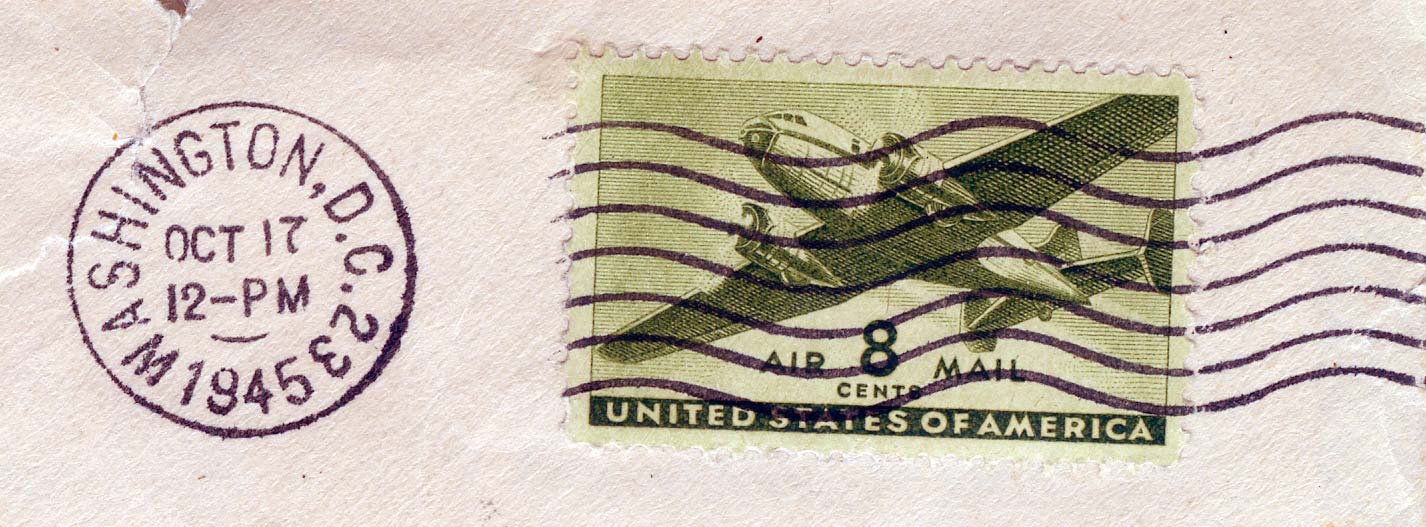
|
| Zeke letter postmark |
Fairfax County, Virginia, 1947-1956
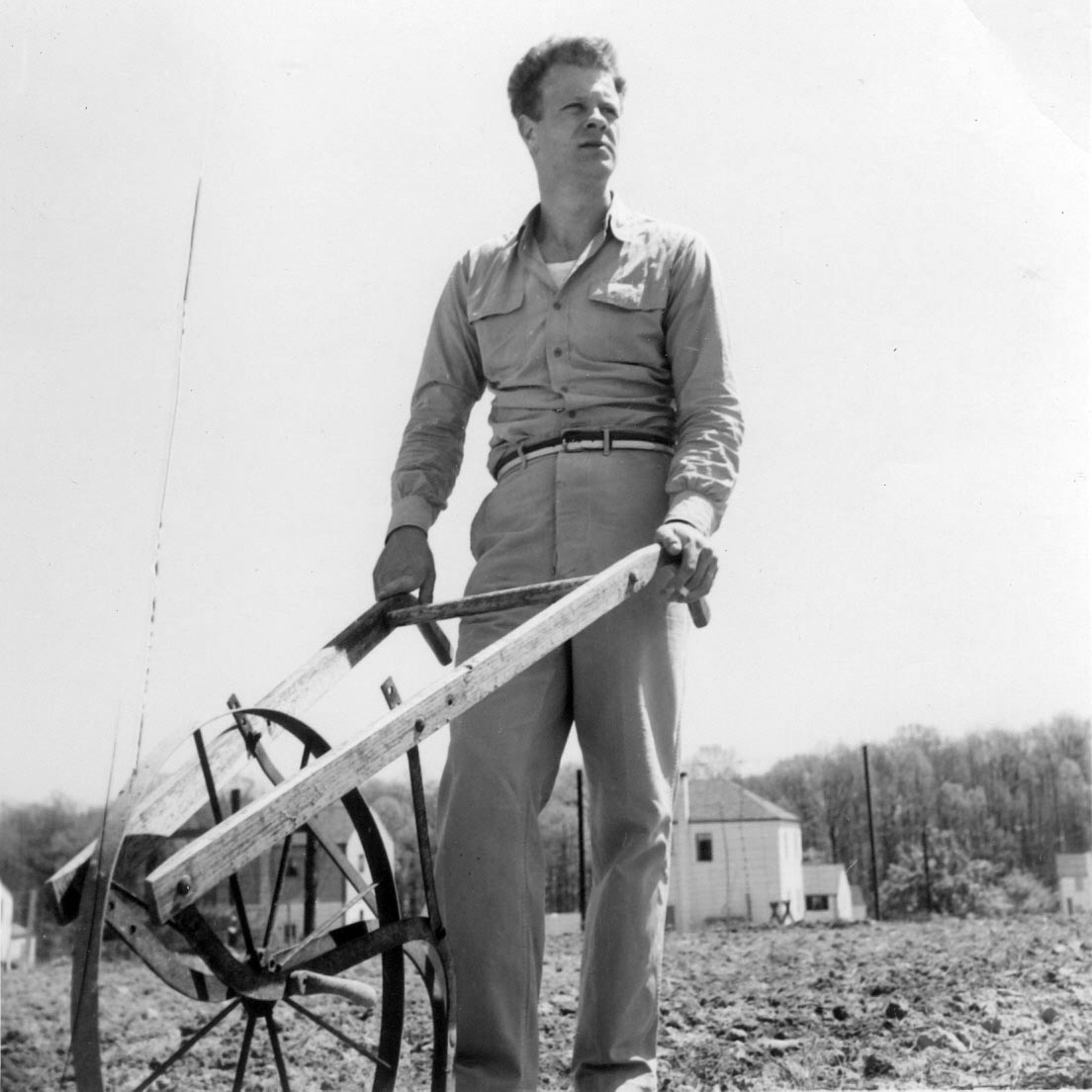
|
| ..Plow that Broke the Plains |
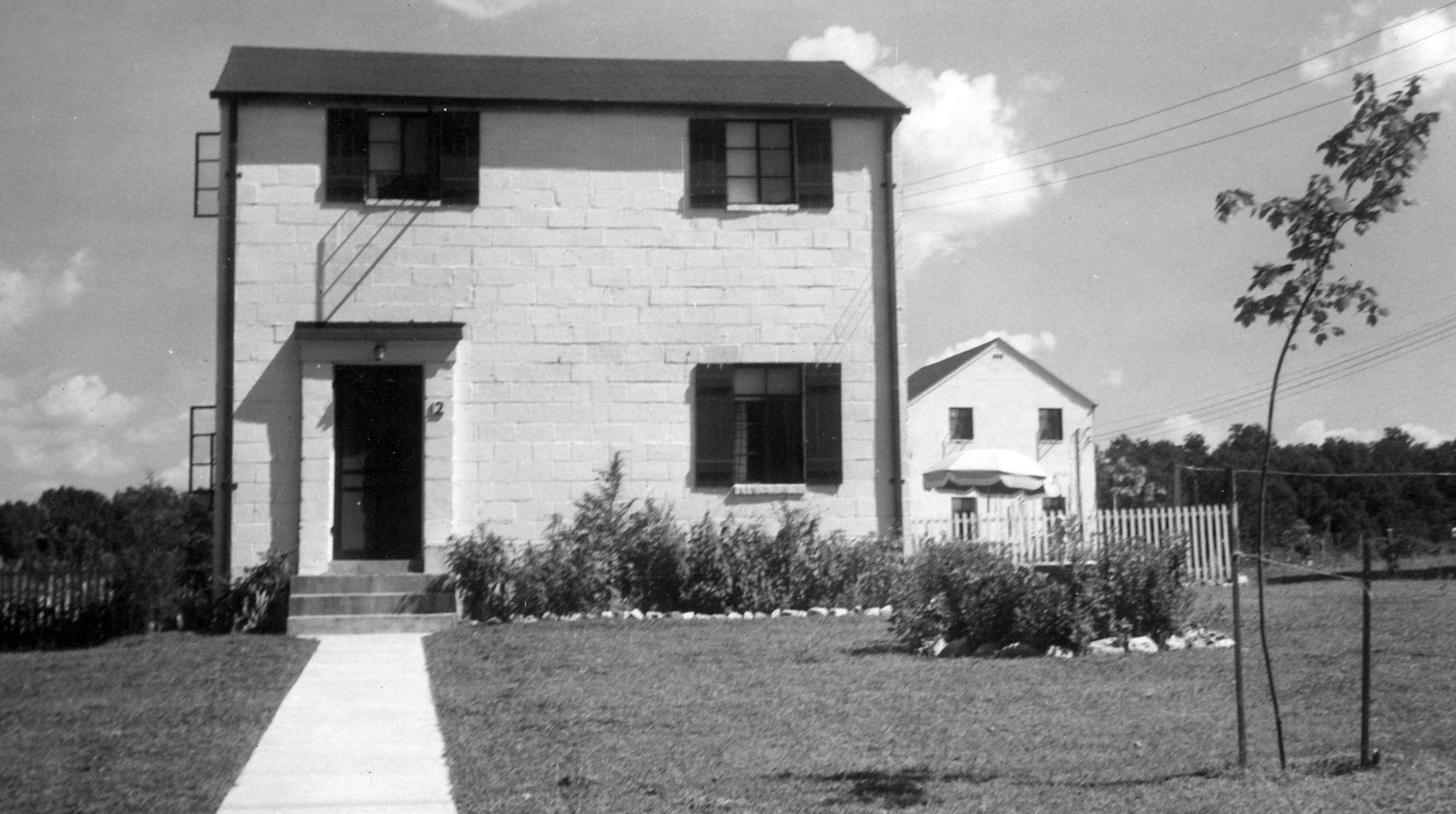
|
| Our new house 1947 and The..... |
In late 1949 he started applying for other jobs. He applied at both the FBI and the State Department and didn't hear back from either. Then he applied to the newly formed Central Intelligence Agency and was accepted due both to his Navy experience and skills, and also because at first they were (according to him) desperately short-staffed. He was hired in 1949 and worked there until they pushed him out in 1973 at age 55. He never talked about what he did there. The highest rank he achieved was GS-13 (like a major or lieutenant colonel in the Army, i.e. a mid-level officer). His first job was processing new employees (photos, fingerprints, etc) and disposing of classified trash (a job I also had some years later… two or three times!)
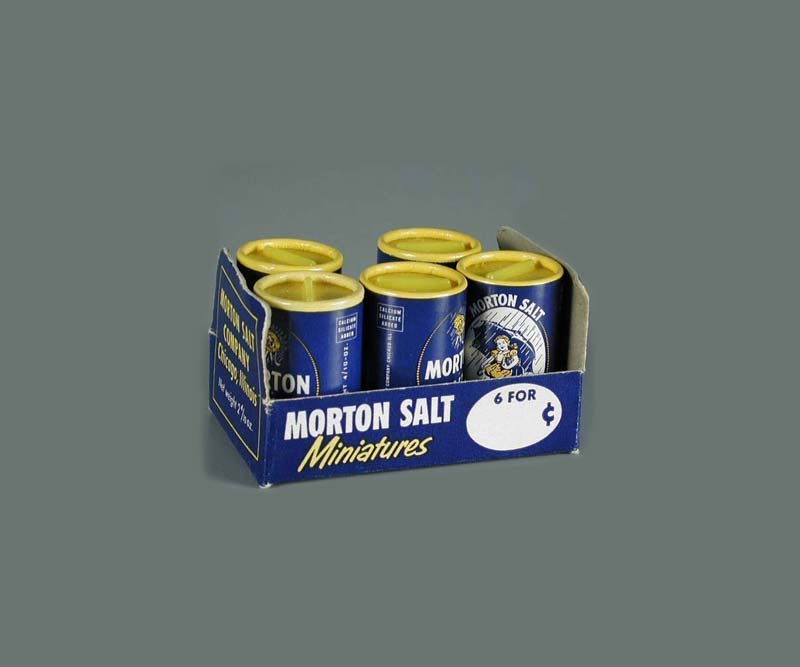
|
| 1-inch high Morton salt shakers |
During the 1950s the CIA sent my dad all over the place; I pieced together some of it from his scrapbooks; almost all these places places had coups or other turmoil in that timeframe:
Belem, Para, Brasil: 2 June 1957I don't think he was a covert agent or assassin though; I think he just provided "logistical" support to those who were — agents in the embassies and consulates posing as diplomats: wiring, bugs, surveillance, sweeps, secure lines, etc. Although he certainly was mean enough to be an assassin.
Recife, Pernambuco, Brasil: 3-4 June 1957
Rio de Janeiro - 5 June 1957
Aunción, Paraguay - 6-9 June 1957
La Paz, Bolivia - 9-12 June 1957
Guayaquil, Ecuador - 12-15 June 1957
Quito 15-18 June 1957
Bogatá Colombia 19-21 June 1957
Mexico City 23-27 June 1957
Monterrey (date not given)
Beirut, Lebanon, February 1958 (just prior to the US invasion)
Amman, Jordan: 14-15 February 1958 (short-lived federation with Iraq)
Jerusalem 15 Feb 1958
Baghdad 18-19 Feb 1958 (US Embassy)
Kuwait: 19-21 Feb 1958
Nicosia, Cyprus: 22-25 Feb 1958
Frankfurt, Germany, 1959-61
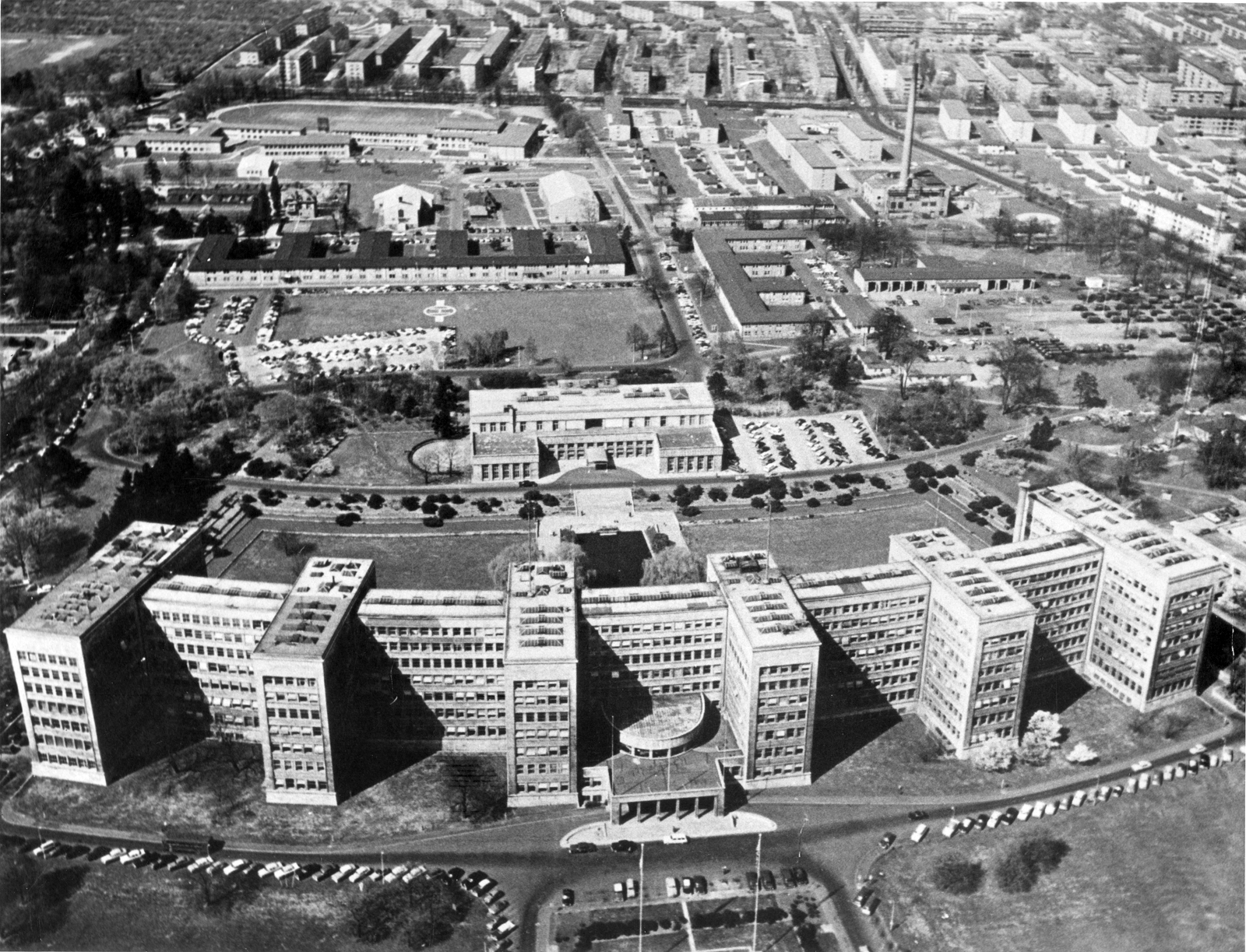
|
| IG Farben Building Frankfurt 1955 |
A note in one of his albums says that he and another CIA friend installed an alarm system in the house of Allen Dulles (founder of the CIA) and then they watched a football game with him. In another note he left behind, he says he spent two weeks in 1950 bugging every room in Ashford Farm in Easton MD, a mansion used by the CIA until 1979 to hide people. And in another, he did "audio countermeasures" for Camille Chamoun, the Lebanese president, in February 1958, shortly before the US invasion (after many years of Maronite Christian rule, there was a Muslim uprising and Chamoun asked the USA to come and crush it). Dad was exactly the kind of guy that Richard Nixon would have used to install an illegal recording setup in the White House. I don't know that he did, but his scrapbooks are full of Watergate newspaper clippings.
While we were in Germany dad got in trouble for having an office affair and we were sent back in summer 1961, a year early, after which they gave him mostly scut work like security-clearance background checks (where he goes to visit family and friends and neighbors of job applicants) and they also loaned him to the TSA as an air marshall. He had a badge and sometimes carried a gun. At one point they assigned a highly-publicized Soviet defector to him, who was in his custody — illegally — for months. Eventually they pushed him out, maybe for being a drunk, maybe for his temper, maybe for the affair, I don't know (later it turned out there was a specific reason they fired him, having to do with the Russian, see below).
After I left home
I left home in 1962 for UVA, dropped out after one semester, spent a few horrible days at home and walked out and joined the Army. Shortly after that Mom left Dad and took Dennis with her to California. Within 2 or 3 years she and Dad were divorced. A few weeks after I returned from Germany in early 1966 I saw dad in his new apartment, it was a nightmarish episode, not to be repeated for decades. When he moved to the apartment all the stuff I had left behind and all of Uncle Pete's stuff that were in the attic of the Chesterbrook house disappeared — 1950s baseball cards that would probably be worth big money today, my big acoustic f-hole guitar, my Framus electric guitar from Frankfurt, Uncle Pete's travel notebooks and WWII combat drawings...
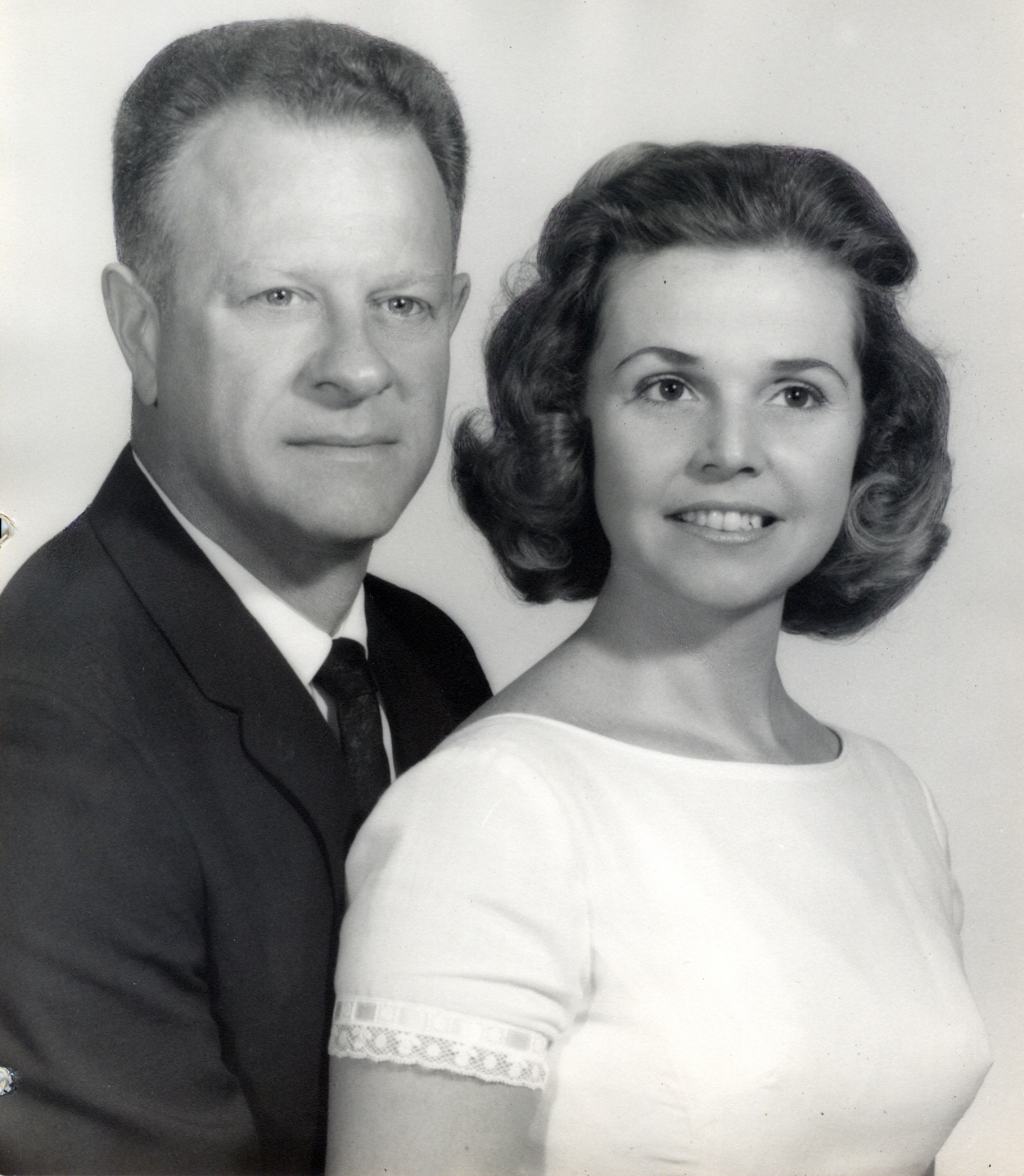
|
| Dad and Audrey 1967 |
Audrey's daughter Shawn writes in February 2020 of several incidents from the 1960s:
I went to my Mom's after moving from NJ to Maryland... it was the first time in a long time I was close enough to my Mom to go over and spend her birthday with her.... I wanted it to be a surprise so my children and I went over with a cake that was lit on the front porch.... I was hoping she would open the door..... but it was the housekeeper, Mrs. Brown. She pointed me to the back screened porch where mom and your Dad were sitting. He was not happy I just stopped by without calling and at one point he had my mom in the kitchen yelling at her while she was backing up until she couldn’t back up any further. I walked towards the kitchen sharply calling his name about 3 or 4 times..... he finally stopped terrorizing my mother and he came towards me at which time I told him to come on... I will call a cop in a heartbeat... he stopped and went to the bedroom and returned yelling about the kids being back there and they could have gotten his gun as he was waving it around... he was not pointing it at us but I thought it best we leave.The next time I saw Dad was in 1988 when I spent a few days with him (Audrey was away somewhere, I didn't meet her then). He had stopped drinking and smoking, was calmer and more philosophical. We also saw Uncle Pete, who had moved from Beirut because it wasn't safe for Americans there any more, to an apartment in Alexandria. Three years later when dad was dying I went there again and stayed with Audie for a week. We'd visit him in the hospital each day and then do other stuff, driving all over northern VA. During this visit she was in high spirits because Dad was gone from the house and was never going to come back.I met your brother and we hung out one weekend. He was very nice but as a 14 year old, I had no filter. So when your Dad asked me how I liked him the day after he left, I said "he was very nice and he is gay"..... from that day on.... your Dad hated me!! Dennis was sweet and I thought he may have had a hard time dealing with your Dad but I was 14 and didn’t really know and didn’t ask.
One evening I was sitting at home when I get a call from your Dad. He had NEVER called me before so I was instantly suspicious. He asked if I had spoken to or seen my mother. I said no, why? He said they had a little tiff and she walked out and he was just looking for her. Well, now I was extremely worried so I left home and went out looking. I went to her office in Fairfax and when she wasn’t there, I went to her house..... all was quiet and she wasn't there either. I waited until 11:30 and drove home. I couldn’t sleep and continued to worry until she finally called me. She said they had argued and he shoved her hard into the kitchen counter and she thought her rib was broken. It turns out that she had the two bottom ribs broken on one side. She did not want me to make a big deal of it as she felt she could do nothing about it at that time.
(this one is probably from about 1990...) She also told me that his boss at the CIA called her and said that he needed to let her know that Frank was telling people in the office that he was going to kill her. He told her he couldn’t do anything about it until he actually acted on it. I thought how insane was that comment!! For me it goes to show how crooked they were way back then. They take care of their own no matter at whose expense.
Dad's personality
I normally think of my dad as a monster: bitter, violent, cruel, brutal, and he was BIG, six feet tall with big muscles, huge hands like John Wayne. And the classic authoritarian who sucked up to his superiors and bullied and insulted everyone else. We were all scared to death of him. But he had some good points too. For one thing, he was very handy, he could fix anything, he could build things, and he taught me all of that. He spent endless hours in the back yard teaching me how to play baseball when I was 10 and 11. We did a lot of work together, which I enjoyed… building the community pool, building the addition on the Chesterbrook house, putting a wood fence around the Arlington house and converting its basement into a kind of man cave with knotty pine walls, tile floor, and bar. (By the way, he never did any of these things with Dennis.) Also I seem to have inherited his mania for taking pictures and keeping records. Without his scrapbooks I never could have put this thing together.Dad's father Daniel was not a warm person and not especially involved with raising his children, even though he and Pete lived with him in Oxford for most of their young lives. Dad's mother Gus was warm, gentle, loving, jolly, and funloving. But she raised them only until 1928, when Dad was 10. After that Dad and Pete lived with their father and second wife Louise, by all accounts the classic evil stepmother. But I believe their father let them spend some summers with Gus and/or her relatives(?) on the Eastern Shore. There was a sepia photo (now lost) that used to be on our wall of him and Pete on the beach when they were in their teens.
The way I recall things, dad was a fairly nice guy up until some point in the early 1950s, when he turned mean and abusive and alcoholic. In 1976 my brother told me that that dad had told him that he was one of the unwitting subjects in the CIA's experiments with mind-altering drugs (Project MKultra) in the early 1950s. If true, this would explain a lot (Peter points out that the Unabomber was an MKultra victim too; Whitey Bulger was another), but not everything because he is known to have had quite a temper even as a teenager (see story). Also, a fellow student at McGuffey High School in Oxford OH had this to say about him to investigators during his 1949 CIA employment background check:
[He] was ironic at times, appeared rather antogonistic towards the other students ... expressed his point of view very strongly and, at times, a little too strongly.
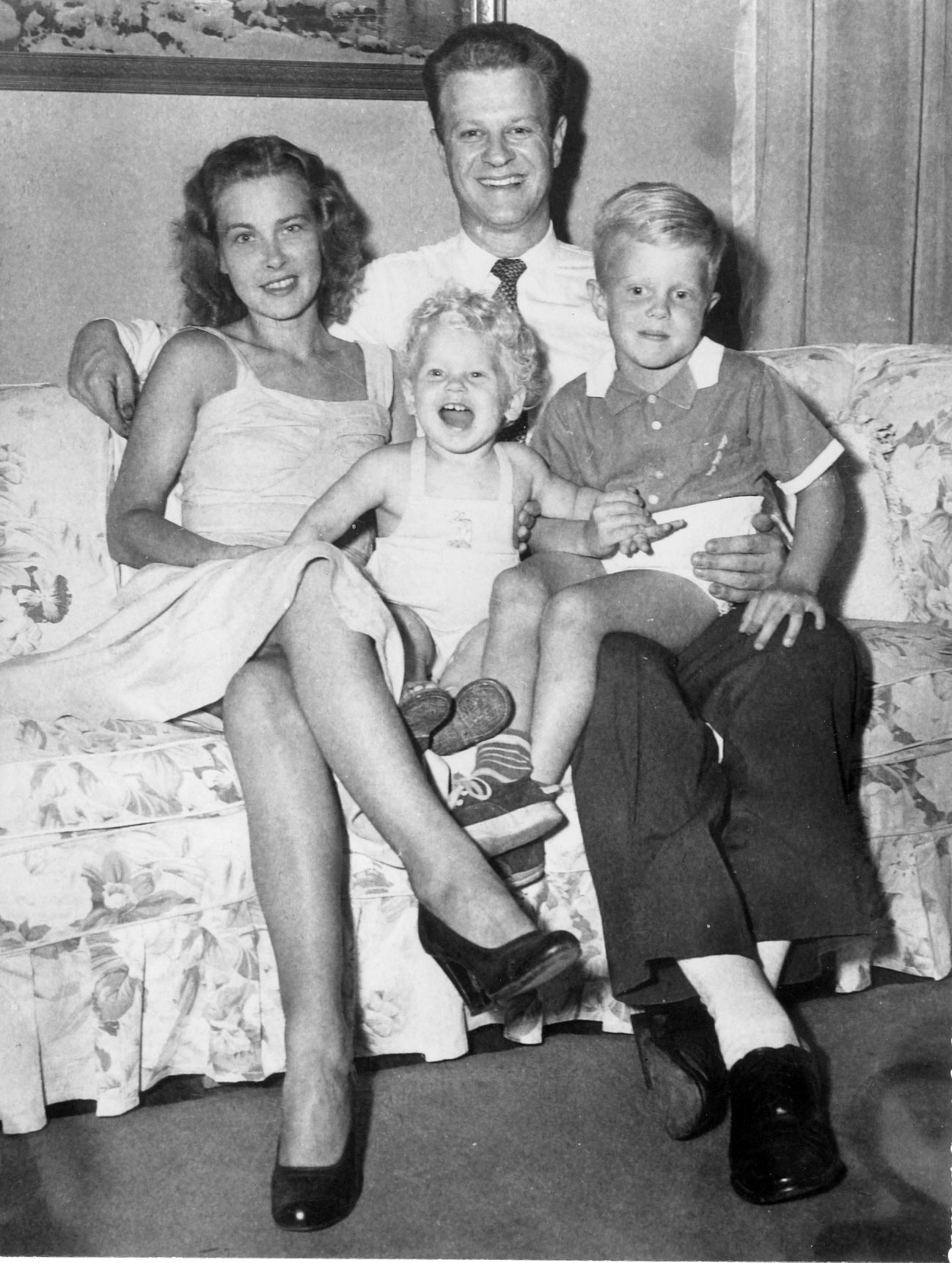
|
| Happy family 1949 |
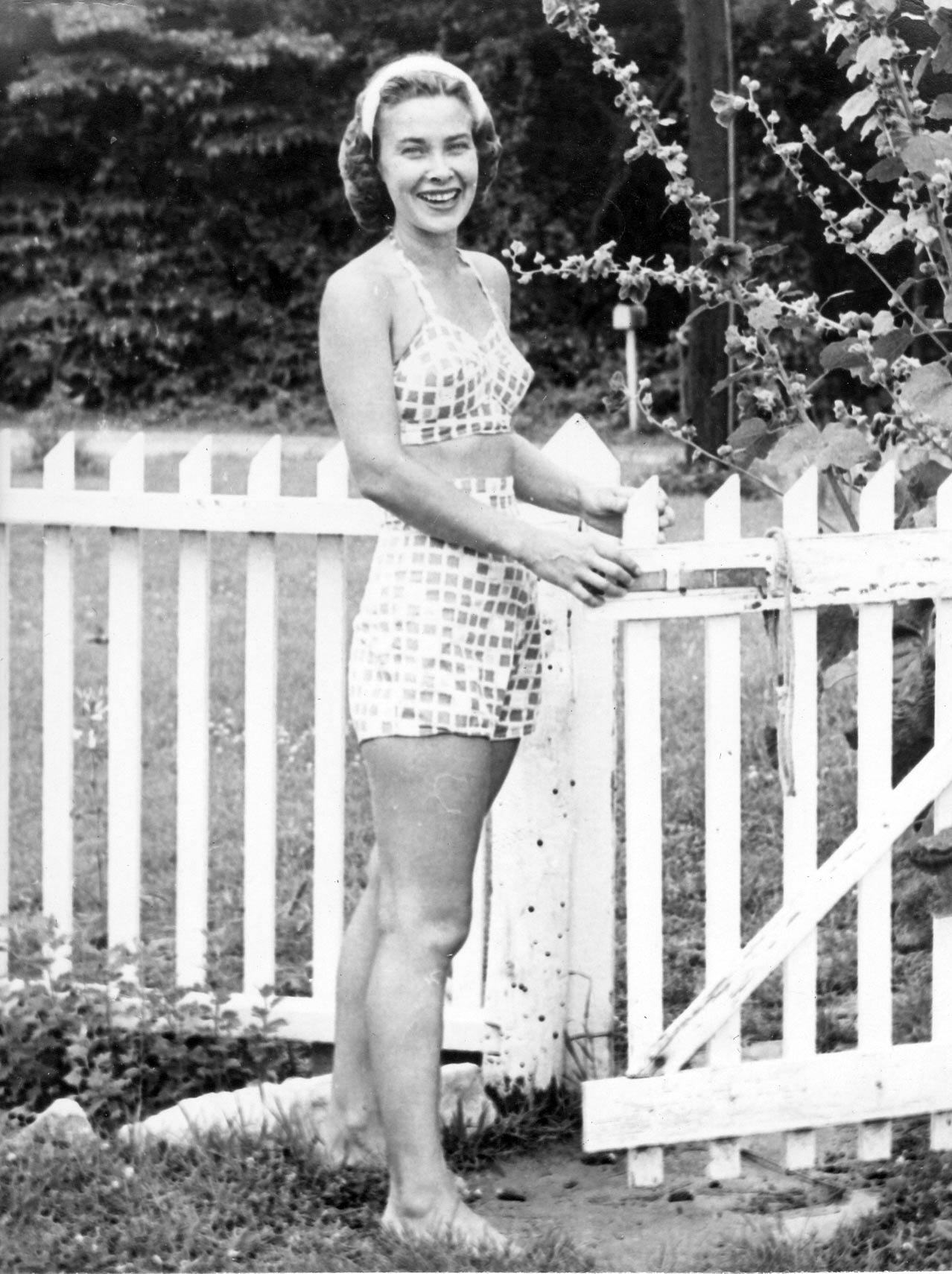
|
| Happy Mom 1950 |
But from the mid-1950s on, he was prone to bouts of rage and violence — especially scary in a man of his size and strength — and drank enormous amounts of alcohol. Once I saw him drink two cases (48 cans) of beer on a hot summer day while mowing the lawn (with a push mower, of course). In later years he would routinely guzzle two fifths of gin every night (a fifth is 4/5 of a quart, so two of them is bit over a quart and half). While growing up I saw him throw up, pass out, smash things, bellow like a bull, cry uncontrollably, beg for forgiveness, it never ended. He beat us all the time, with huge hands, fists, knuckles, sticks, belts (my Mom never did). Where he got this idea of disciplining children escapes me, I can't conceive of either of his parents believing in physical punishment, or Uncle Pete either for that matter. By the same token I don't understand how he came to be such a racist; his father was not only not a racist, he was a member of the NAACP. And his mother was the nicest person in the world; I never heard her say a bad word about anybody.
A junior high school classmate of mine, Frank Dodd Jr., and his little brother James (ages 13 and 11), had a father very much like mine, a drunk who beat them every night. On January 24, 1957, they killed him with his own gun while he was passed out in his easy chair. It was a big item in the news that resulted in Dad being nice to us for a couple weeks.
In his sixties my dad had numerous heart attacks and all kinds of cancer — lung, bowel, you name it, lots of times, until only small pieces of his original organs were left. Finally he took the hint and stopped drinking and smoking, joined a church of all things (he had always ridiculed religion) as well as the Masons (another longtime butt of his jokes), and tried to make himself into an all-American suburban nice guy, and some people say he had his moments of kindness. But he still believed "the niggers" would come swarming over the hill one day to burn, rape, pillage, and kill, and he had the guns he would use to drive them off (like a kind of George Blessing in reverse).
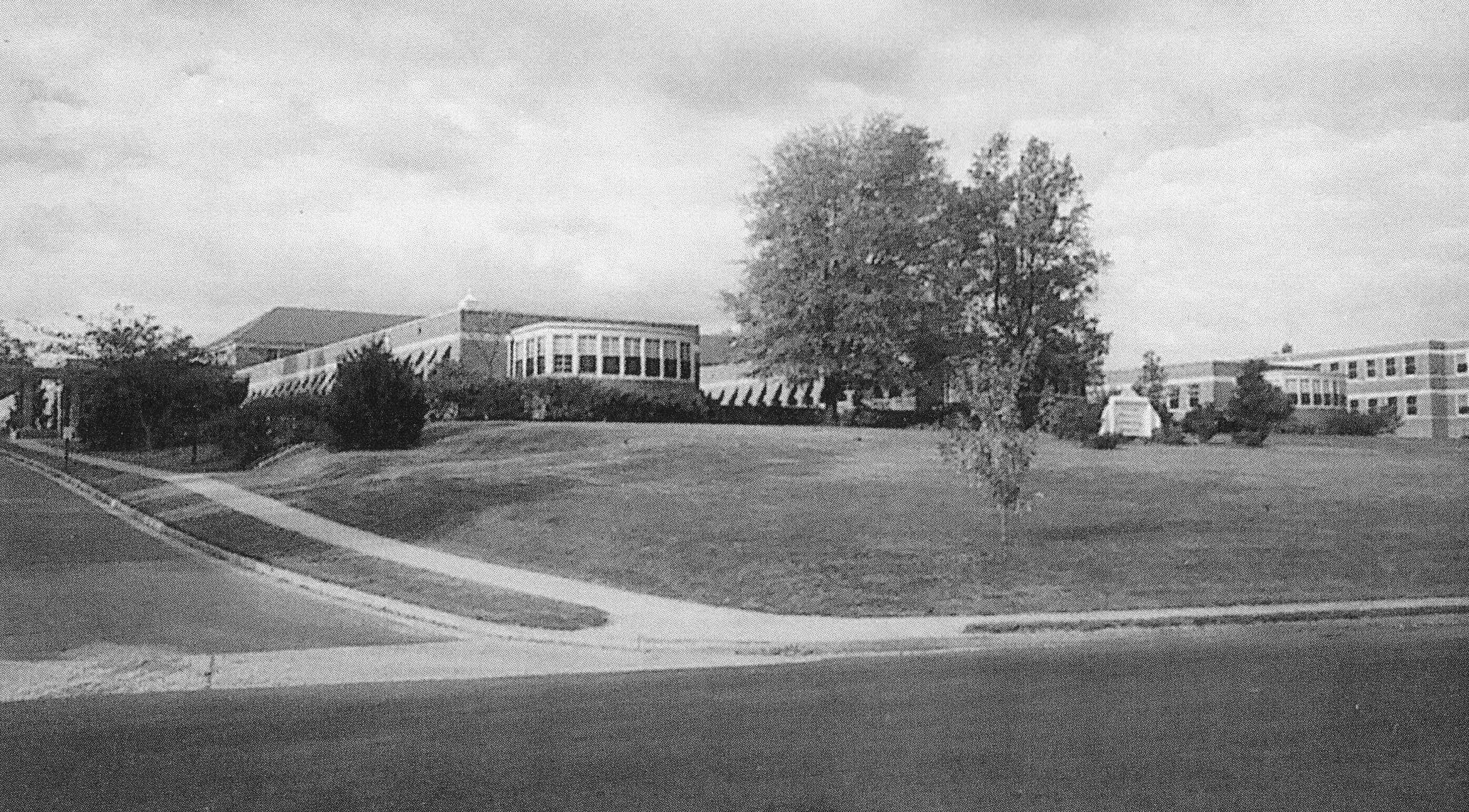
|
| Arlington Hospital where Dad died in 1991 |
It's hard to believe that dad and Pete were brothers; Pete was always so calm, relaxed, good humored, patient, open, tolerant, caring, inquisitive, enthusiastic, empathetic... And dad was just a big boiling cauldron of anger and hatred and cruelty. Looking back I realize he had extreme, intense emotions that swung wildly back and forth and that he couldn't control. I suppose today he might be diagnosed as bipolar and there would be a pill for him.
Audrey
[SEE IN FAMILY TREE]
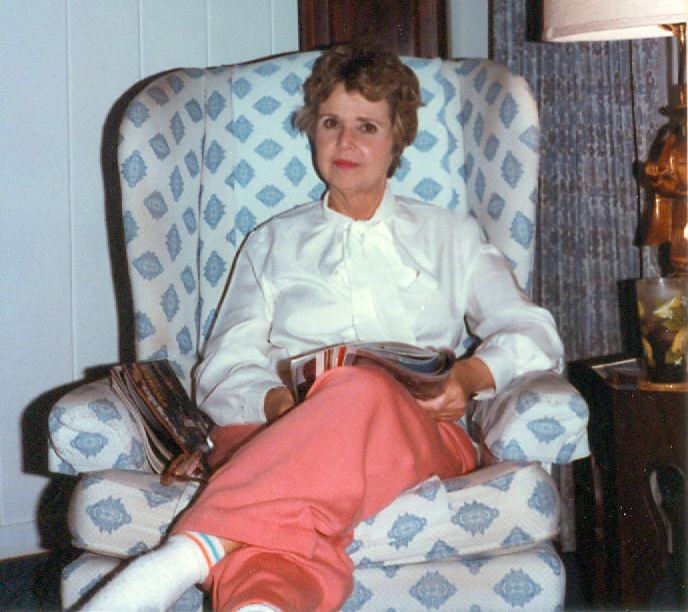
|
| Audrey Doney da Cruz |
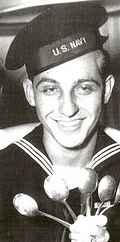
|
| Johnny Lipes |
Audie sent me some of the material about my father's side of the family, baptismal certificates, death notices, etc. She had tons of my dad's stuff (tools, for example) but I didn't feel like taking it; he did not die gracefully. In later years, she sent me his photo albums and papers by mail.
After Johnny Lipes died in 2006, she moved back to northern Virginia, to an assisted-living place:
Goodwin HouseWe had a long phone conversations once or twice a year about family history and many other topics. In a talk we had in 2006 she told me the following (I've also filled in some of the blanks myself):
Bailey's Crossroads
3440 South Jefferson Street Apt 1036
Falls Church VA 22040-3129
1-703-578-7560
Daniel da Cruz [Dad and Pete's Portuguese father] was "given to the church" at age 14. He got malaria in Mozambique and went to Georgetown University hospital for treatment, where he met Gus, fell in love, etc. Anyway, the marriage didn't work out and somewhere between 1928 and 1934 he married Louise Burk, a teacher. My dad hated Louise and one day tried to kill her with an axe because she told him to wash the dishes; Pete had to fight him to keep him from doing it.Then in 2007:As Audrey said, "That's when they sent him away." When? To where??? This can't have been in 1925 when he arrived in Bozman; he was only seven years old! (I should have asked... too late now.)Gus hated Louise too; once she went there and threw a brick through the window. I asked Audrey why dad always said Gus was demented, and that was one example she gave. Also that she took her bug-eyed pugs to the vet and had them "put to sleep" and then killed herself the next day. And the time she decided all the ducks in her backyard had to die (I was there when she killed the ducks, about 10 of them; as she decapitated them with an axe, the headless bodies would run around and even fly for a minute or so before being still.. one even flew over the fence into the neighbor's yard). But aside from that I didn't remember anything crazy.The way Pete met Leila was that her father was a professor at the American University of Beirut [where Pete was teaching].
Gus killed herself because she had terminal cancer. Dennis was crawling out of his bedroom window to meet a guy 15 years older (?) starting at age 9 (I find this hard to believe). Dad took Dennis to a movie (in Times Square) the night we were in NYC in 1959 and had to physically rescue him from a bunch of men who were trying to get their hands on him (Audie says, but I suppose it's plausible, Times Square was like that then). When Dennis was staying with Dad and Audie he had an affair with an American University professor, who came to dinner one night with disastrous results. Audie's daughter, Shawn Elizabeth Hall (the surname of Audie's first husband), born in 1950, had a Puerto Rican [or Mexican?] boyfriend and had some babies with him. One night they came to surprise Audie on her birthday, with a cake, etc. Dad (drunk), chased them away with a loaded pistol. Later Shawn broke with Audie and they hadn't spoken in 19 years (as of 2007). [Shawn herself has a slightly different version of this story; see above]I haven't heard from Audie since 2007. Her daughter Shawn tells me that as of early 2020 she is still living at Goodwin house but suffers from Lewy Body dementia, is weak and is unable to carry on a coherent conversation, but happy and pleasant to be with.
Dad "retired" from the CIA at age 55 in 1973. Audie said he was actually fired by the Director, James Schlesinger, in the wake of the "family jewels" episode. According to my dad (in a scrapbook he kept about this) about 1000 were fired in all. A letter from James A Wilderotter, Associate Deputy Attorney General, dated Jan 3, 1975, subject "CIA Matters", lists some CIA transgressions, and the very first one is unlawful detention of a Russian defector for 2 years in the mid-1960s; this was dad's assignment. As of September 2016, the Family Jewels are online in a 702-page searchable PDF:
http://nsarchive.gwu.edu/NSAEBB/NSAEBB222/family_jewels_full_ocr.pdf
In which I find this on p.23:
MORI DocID 1451843My dad's name isn't mentioned anywhere in the Family Jewels but given his brutal temperament it's not unlikely that he was the hostile interrogator (although he himself says, "I was this fellow's original jailer. Stuck with him, off and on, for several years. Always treated him correctly; some did not."). In May 1973, David H. Bree, Chief, Soviet Bloc Division, writes of Nosenko that "Although his present attitude toward the Agency is quite satisfactory, the possibility exists that the press could cause undesireable publicity if it were to uncover the story."
SECRET
EYES ONLYSUBJECT: Yuriy Ivanovich Nosenko
Yuriy Ivanovich Nosenko, an officer of the KGB, defected to a representative of this Agency in Geneva, Switzerland, on 4 February 1964. The responsibility for his exploitation was assigned to the then SR Division of the Clandestine Service and he was brought to this country on 12 February 1964. After initial interrogation by representatives of the SR Division, he was moved to a safehouse in Clinton, Maryland, from 4 April 1964 where he was confined and interrogated until 13 August 1965 when he was moved to specially constructed "jail" in a remote wooded area at XXXXX. The SR Division was convinced that he was a dispatched agent but even after a long period of hostile interrogation was unable to prove their contention and he was confined at XXXXX in an effort to convince him to "confess."
This Office together with the Office of General Counsel became increasingly concerned with the illegality of the Agency's position in handling a defector under these conditions for such a long period of time. Strong representations were made to the Director (Mr. Helms) by this Office, the Office of General Counsel, and the Legislative Liaison Counsel, and on 27 October 1967, the responsibility for Nosenko's further handling was transferred to the Office of Security under the direction of the Deputy Director of Central Intelligence, then Admiral Rufus Taylor.
Nosenko was moved to a comfortable safehouse in the Washington area and was interviewed under friendly, sympatheic conditions by his Security Case Officer, Mr. Bruce Solie, for more than a year. It soon became apparent that Nosenko was bona fide and he was moved to more comfortable surroundings with considerable freedom of independent movement and has continued to cooperate fully with the Federal Bureau of Investigation and this Office since that time. He has proven to be the most valuable and economical defector this Agency has ever had and leads which were ignored by the SR Division were explored and have resulted in the arrest and prosecution XXXXXXXXXXXXXXXXXXXXXXXXXXXX He currently is living under an alias; secured a divorce from his Russian wife and remarried an American citizen. He is happy, relaxed, and appreciative of the treatment accorded him and states "while I regret my three years of incarceration, I have no bitterness and now understand how it could happen."
The reason this was such a big deal was the connection to the JFK assassination. A classified (SECRET//NOFORN) article, "DCI John McCone and the Assassination of President John F. Kennedy" by Davide Robarge, in Studies in Intelligence (an internal CIA magazine), Vol.57, No.3 (September 2013), pp.13-18:
No Counterintelligence matter of McCone's tenure was so fraught with potential for conflict as the defection of KGB officer Yuri Nosenko in early 1964 and the ensuing controversy over his bona fides. By claiming to know about the KGB's dealings with Oswald, and by extension a Soviet role in the Kennedy assassination, Nosenko became potentially the most important defector in history. The conclusions of several senior operations officers that Nosenko was a disinformation agent led McCone to approve Nosenko's detention and hostile interrogation, beginning a protracted, much debated, and ultimately futile three-and-a-half-year effort to "break" him.
This goes on and on but does not mention my dad by name. In the end everybody agreed the USSR had nothing to do with assassination; on the contrary, we now know that JFK had opened up a "back channel" (through Pope John XXIII) with Khrushchev for making peace and backing off on the arms race.
For what it's worth, one of my dad's photo albums contain some photos from a "farewell luncheon" May 25th, 1973, for a bunch of people, including himself, presumably all fired from the CIA: Linda Bender, Tom Carroll, Charles Diller, David Glass, Newt Sprow, Michael Sydorko, Charlie Waskey. His scrapbooks also contain a lot of newspaper clippings about Watergate, as if he knew or was involved with those guys too.